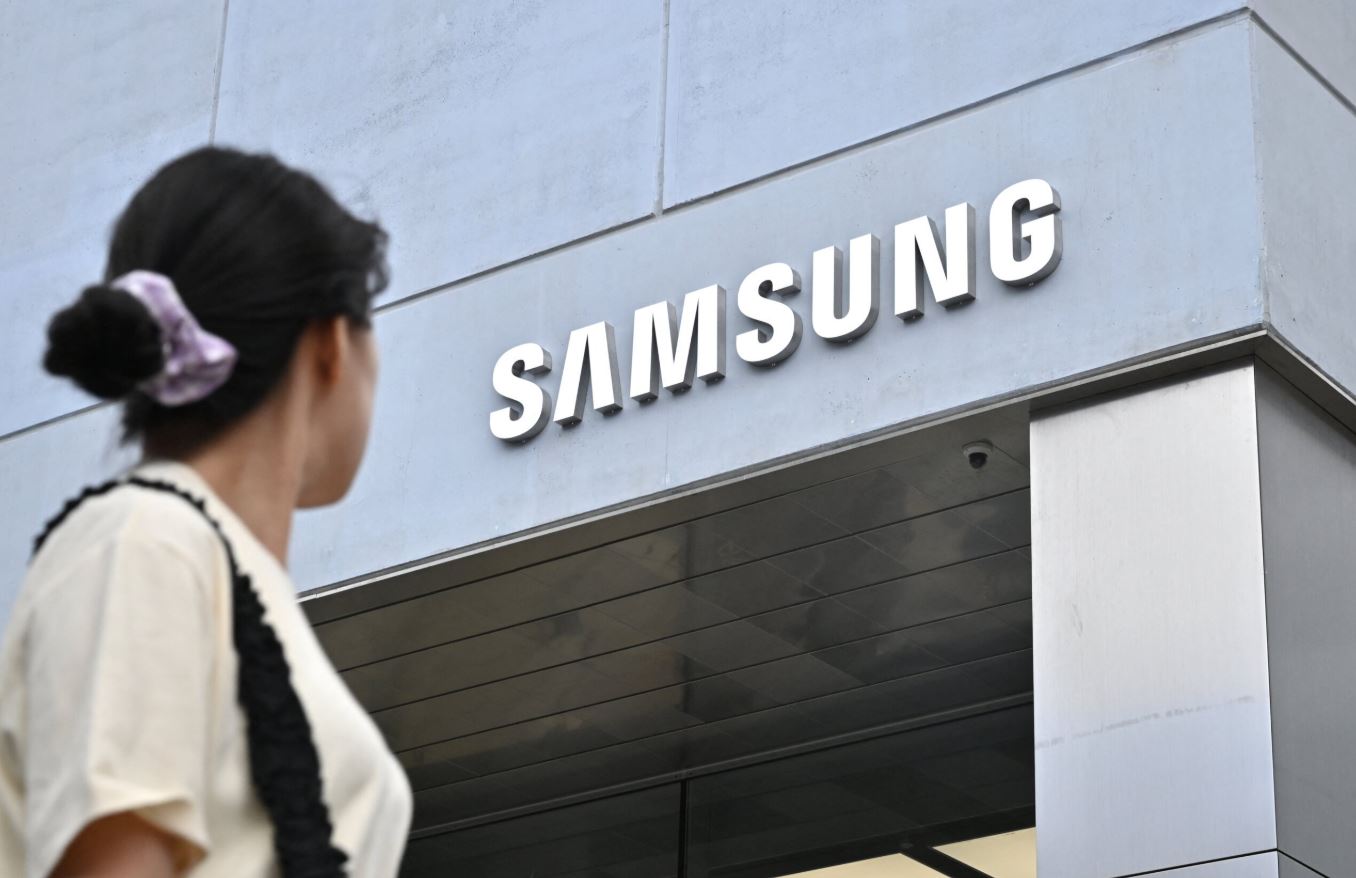 Samsung is rewriting the playbook in Q1 2025, hitting a record quarterly revenue of KRW 79.14 trillion ($55.4 billion) while tackling hurdles in its semiconductor division and global trade. The company’s operating profit reached KRW 6.7 trillion—a modest 1.5% rise that still exceeded both forecasts and analyst expectations.
Samsung is rewriting the playbook in Q1 2025, hitting a record quarterly revenue of KRW 79.14 trillion ($55.4 billion) while tackling hurdles in its semiconductor division and global trade. The company’s operating profit reached KRW 6.7 trillion—a modest 1.5% rise that still exceeded both forecasts and analyst expectations.
One clear bright spot was the Mobile Experience (MX) Business. Thanks to the Galaxy S25 series and its smart Galaxy AI features, MX delivered KRW 37 trillion in revenue and KRW 4.3 trillion in operating profit, marking its best performance in four years. Enhanced cost efficiencies and some price adjustments also helped secure solid, double-digit margins in this segment.
However, not all divisions shared in the success. The Device Solutions (DS) Division—which covers semiconductors—struggled with a 42% drop in operating profit, largely due to an average selling price decline and reduced high-bandwidth memory (HBM) sales. This downturn comes amid export controls on AI chips and a cautious delay in demand ahead of the improved HBM3E series.
Samsung isn’t letting these challenges slow it down. The tech giant increased its R&D spend by 16% to KRW 9 trillion as it doubles down on artificial intelligence. New launches, such as the upcoming “Awesome Intelligence” feature in the Galaxy A series and the Galaxy S25 Edge expected in Q2, aim to boost the smartphone range. Later this year, upgrades to its foldable line promise a richer, more intuitive AI experience.
In the semiconductor arena, Samsung plans to strengthen its high-value market presence with a server-focused portfolio and enhanced HBM3E 12H products geared for AI applications. Its foundry business is steadily advancing its 2nm Gate-All-Around (GAA) process, even as global trade tensions and economic headwinds cause a slight dip in share prices.
On the competitive front, local rival SK Hynix isn’t standing still—its operating profit jumped 158% to KRW 7.4 trillion, and it now claims a 36% share of the global DRAM market, edging past Samsung’s 34%. With SK Hynix’s strong performance in high-bandwidth memory for AI server solutions, the race for innovation is intensifying.
Looking forward, Samsung remains cautiously optimistic. With plans to relocate TV and home appliance production under consideration and a clear commitment to AI, the firm is set to navigate these turbulent times with a blend of strategic investment and responsive market planning. If you’ve ever wrestled with the pressures of rapid tech change, you’ll appreciate this balanced approach—a nod to both past experience and forward-thinking innovation in a company that has been redefining technology for over 50 years.








